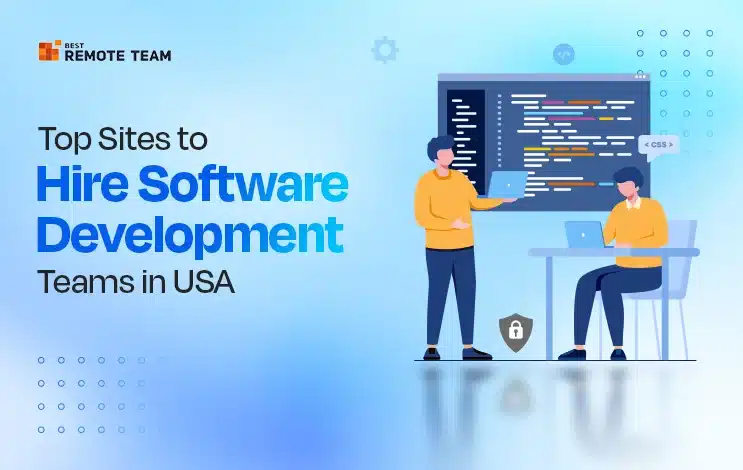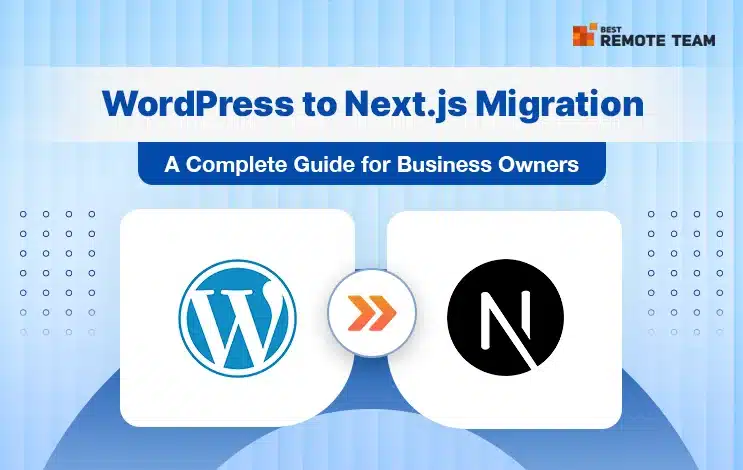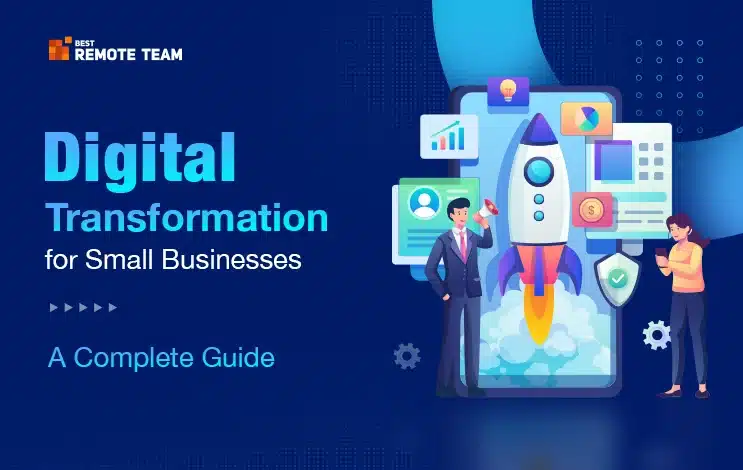Blog


March 21, 2025
How Hiring Remote Developers in India Can 3X Your ROI
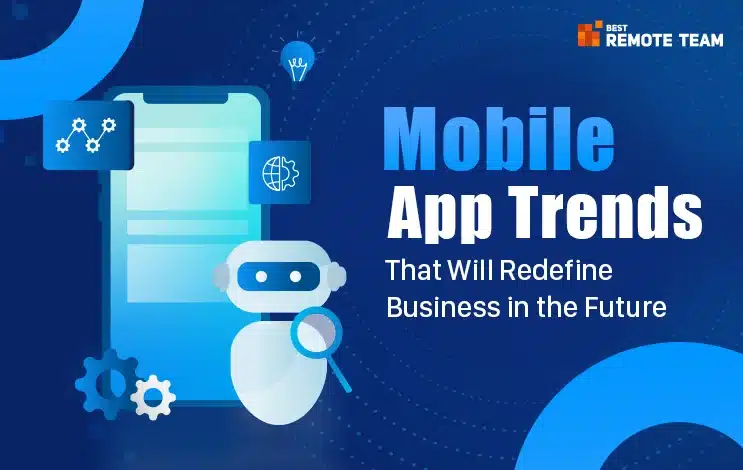

March 11, 2025
Top Mobile App Trends Expected to Dominate in Future
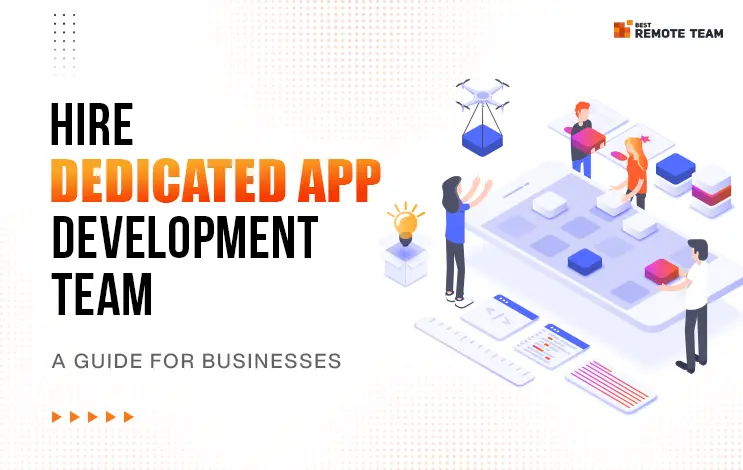

February 14, 2025
How to Hire Dedicated App Development Team for Your Business?
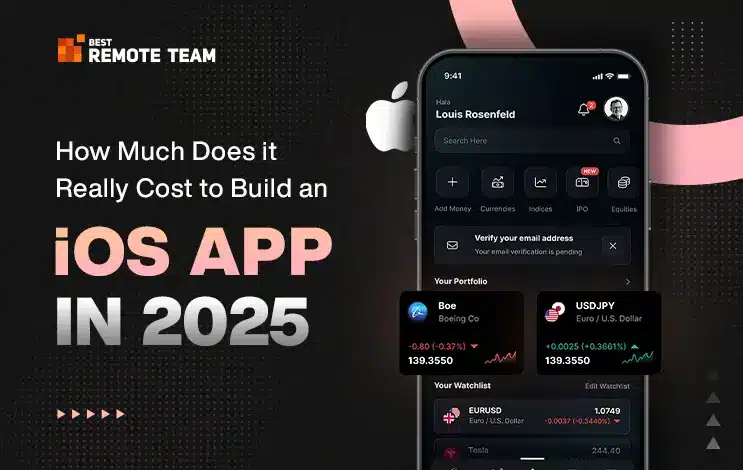

February 06, 2025
How Much Does It Cost to Develop an iOS App in 2025?


December 12, 2024
Communication Strategies for Success with Your Remote Development Team



